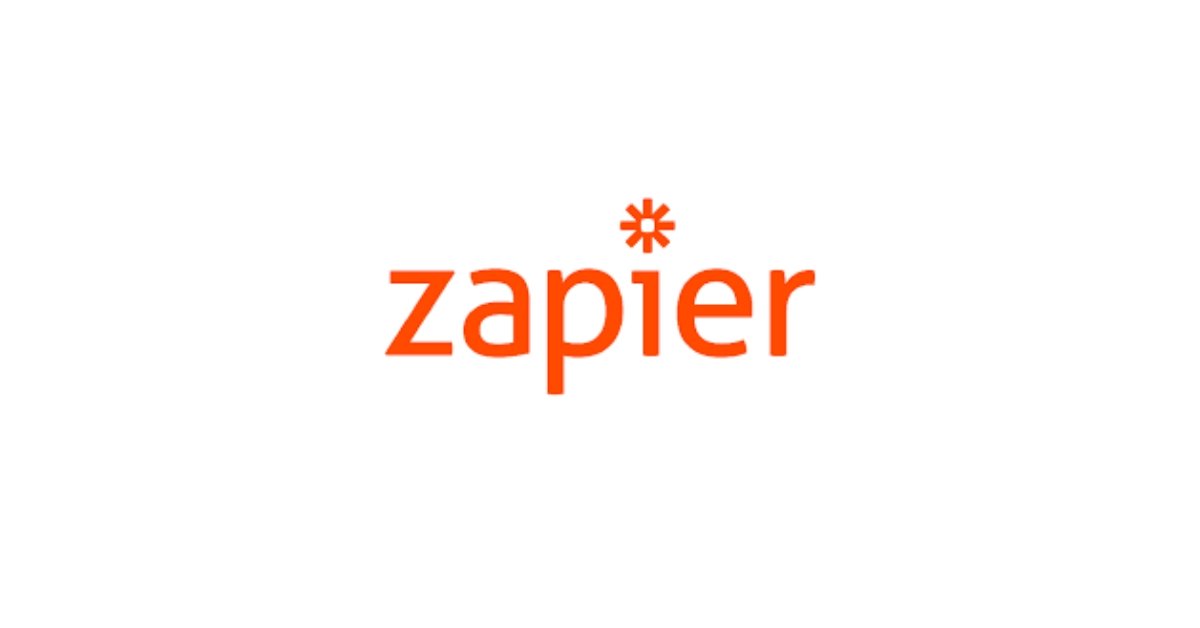Artificial Intelligence (AI) has become a game-changer in many fields, but one of its most transformative impacts is in healthcare. From diagnosing diseases to streamlining administrative processes, AI is revolutionizing how we understand and manage our health.
In this article, we will dive deep into the ways AI is changing the healthcare industry, making it more efficient, accurate, and accessible.
Table of Contents
Introduction
Have you ever imagined a world where diseases are detected before symptoms even appear, surgeries are performed with pinpoint precision, and treatments are tailored just for you? Thanks to Artificial Intelligence, this isn’t science fiction anymore—it’s our reality. AI is not just enhancing healthcare; it’s completely revolutionizing it. Let’s explore how AI is reshaping this critical industry.
What is Artificial Intelligence in Healthcare?
Artificial Intelligence in healthcare involves using complex algorithms and software to mimic human cognition in analyzing, interpreting, and understanding medical data. In simple terms, it’s like having a super-smart assistant that never sleeps, constantly learning and evolving to help doctors and patients. But AI is not here to replace doctors; rather, it assists them, providing deeper insights that can lead to better patient outcomes.
AI in Disease Diagnosis
Diagnosing diseases early and accurately can save lives, and AI is making this possible like never before. Imagine AI as a detective with an endless database of symptoms, diseases, and patient histories. It analyzes medical images, scans, and records much faster and more accurately than a human could. For instance, AI algorithms are being used to detect conditions like cancer, diabetes, and heart disease at very early stages, often before symptoms manifest. This not only improves patient survival rates but also reduces the overall cost of care.
Personalized Medicine and Treatment
Think of AI as a tailor, crafting personalized treatment plans just for you. By analyzing a patient’s genetic makeup, lifestyle, and other factors, AI helps doctors develop treatments that are specifically designed for each individual.
This personalized approach is particularly useful in treating complex diseases like cancer, where a one-size-fits-all treatment often doesn’t work. With AI, doctors can pinpoint the most effective therapies, making treatments more successful and reducing side effects.
AI-Powered Robotic Surgery
AI-powered robotic surgery combines the precision of robots with the intelligence of AI, creating a new level of surgical accuracy. Picture a surgeon’s steady hand guided by AI’s unmatched ability to analyze real-time data.
These robotic systems assist in complex procedures, reducing the risk of human error and improving recovery times for patients. AI doesn’t just make surgery more precise; it also makes it safer.
Virtual Health Assistants
Imagine having a personal health assistant available 24/7, always ready to answer your questions, remind you to take your medications, or even schedule your next doctor’s appointment. Virtual health assistants, powered by AI, are becoming increasingly common. These AI-driven bots can provide basic healthcare guidance, monitor symptoms, and help manage chronic conditions, offering a level of accessibility and convenience that traditional healthcare systems often lack.
Predictive Analytics in Patient Care
AI’s ability to predict future outcomes is a game-changer in patient care. By analyzing vast amounts of patient data, AI can forecast disease outbreaks, hospital readmissions, and even patient deterioration. Think of it as having a crystal ball that helps healthcare providers take preventive measures before a crisis occurs.
For example, predictive analytics can identify patients at high risk of developing severe complications, allowing for early interventions that can save lives.
AI in Medical Imaging
Medical imaging is one area where AI truly shines. AI algorithms can scan thousands of images—like X-rays, MRIs, and CT scans—in seconds, identifying abnormalities that might be missed by the human eye.
For instance, AI has been used to detect breast cancer in mammograms with greater accuracy than radiologists. This doesn’t just speed up diagnosis; it also ensures that patients receive the right treatment sooner.
Streamlining Administrative Tasks
One of AI’s less glamorous but equally important roles in healthcare is streamlining administrative tasks. AI helps with scheduling, managing patient records, and even billing, freeing up healthcare professionals to focus more on patient care. Think of AI as the ultimate organizer, efficiently handling the behind-the-scenes work that keeps healthcare systems running smoothly.
AI in Drug Discovery and Development
The process of developing new drugs is long, complex, and expensive. AI is speeding this up significantly by analyzing massive datasets to predict how different compounds will interact with the human body.
This cuts down the time it takes to bring new drugs to market, making treatments available to patients faster. It’s like having a powerful microscope that helps researchers zoom in on the most promising drug candidates without the years of trial and error.
Challenges of AI in Healthcare
While AI offers immense potential, it’s not without its challenges. Issues like data privacy, ethical concerns, and the need for extensive training for healthcare professionals are hurdles that need to be addressed.
There’s also the fear of over-reliance on AI, which could lead to errors if the technology fails or is misused. Balancing human judgment with AI’s capabilities is key to maximizing the benefits while minimizing the risks.
The Future of AI in Healthcare
The future of AI in healthcare is incredibly promising. As technology continues to advance, we can expect even more sophisticated AI applications, such as fully automated diagnostics, AI-driven mental health therapies, and personalized virtual healthcare experiences
. AI is not just a tool; it’s a partner in the evolution of healthcare, making it more efficient, accessible, and responsive to the needs of every patient.
Conclusion
Artificial Intelligence is not just changing the way we think about healthcare—it’s transforming the entire industry. From early diagnosis to personalized treatments and efficient administrative processes, AI is at the forefront of a healthcare revolution that benefits both providers and patients. As we continue to harness the power of AI, the possibilities for improved health outcomes are endless.
FAQs
1. How does AI help in diagnosing diseases?
AI uses complex algorithms to analyze medical data, such as scans and patient records, to detect diseases early and accurately.
2. What are the benefits of AI-powered robotic surgery?
AI-powered robotic surgery offers precision and reduces the risk of human error, making surgeries safer and recovery times shorter.
3. How is AI used in drug discovery?
AI analyzes large datasets to predict how compounds interact with the body, speeding up the drug discovery process and bringing new treatments to market faster.
4. What are the challenges of using AI in healthcare?
Challenges include data privacy issues, ethical concerns, and the need for extensive training for healthcare providers to effectively use AI technologies.
5. What is the future of AI in healthcare?
The future includes more advanced AI applications, such as fully automated diagnostics and personalized virtual healthcare experiences, improving overall patient care.




